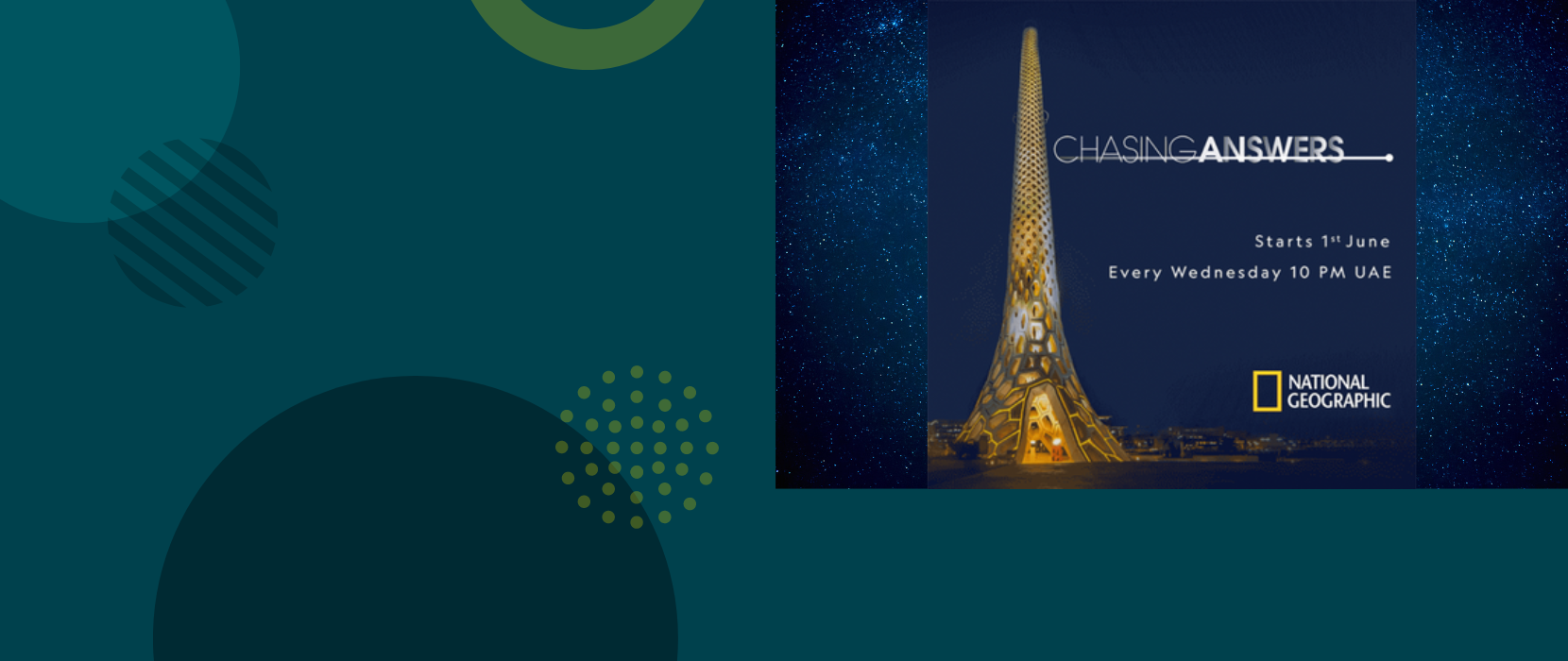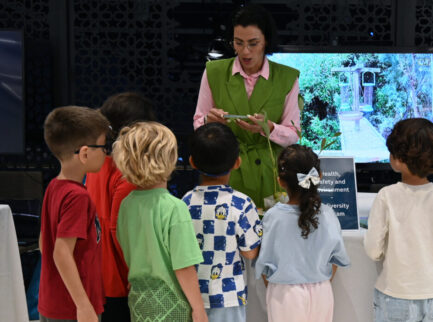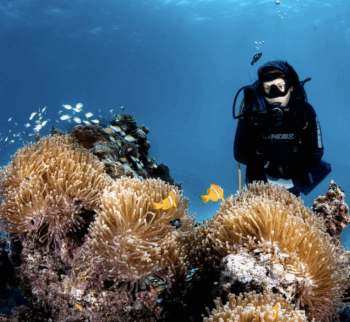A new four-part documentary series, Chasing Answers, aired on National Geographic in June and is now openly available online, shining a spotlight on KAUST’s ground-breaking work to advance some of the most pressing sustainability challenges facing humanity.
The series explores the emergence of KAUST as a hub for cutting-edge scientific research and development in the region and globally, delving into three areas in particular – human need, social advancement, and environmental sustainability – and highlighting important projects with a significant impact on both nature and humanity.
The first episode, Powering the Future, explores the work of a team of KAUST researchers testing alternative energy solutions to tackle climate change. From capturing CO2 from air to near invisible solar cells, scientists, including Prof. Derya Baran, Prof. Mani Sarathy, Prof. Mohammed Eddaoudi and their teams, will surprise the audience with their ground-breaking discoveries.
The Red Sea Explored episode is a deep dive into the importance of our oceans and features, among other talented KAUST scientists, Prof. Manuel Aranda, working to master coral spawning and Prof. Boon Ooi, who is creating an underwater internet faster than WIFI.
The third episode, The 10-Billion Challenge, had KAUST’s former Vice-President of Research, Prof. Donal Bradley, asking the ever-daunting question of how to feed the worlds growing population. From irrigation with treated wastewater or salt water to breakthroughs in plant genetics the program showcased Prof. Mark Tester, Ryan Lefers and Prof. Peiying Hong working endlessly to answer that question.
Finally, We Are Doers highlighted a group of problem-solvers as they looked for ways to use technology to help overcome issues ranging from the global microchip shortage to filling knowledge gaps in our understanding of the past and our ambitions for the future.
This, and other, research being carried out at KAUST will help to achieve the Kingdom’s Vision 2030 and the global Sustainable Development Goals with a positive impact on sustainability into the future.




